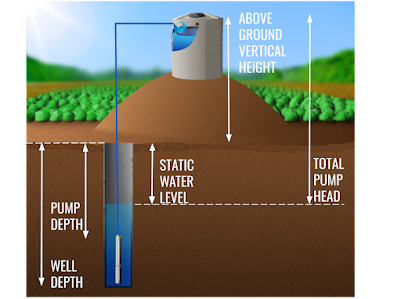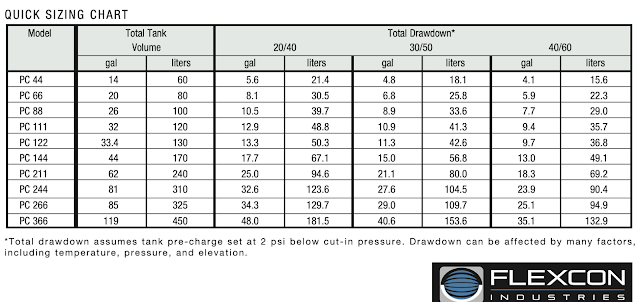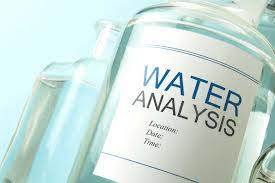What is Static Water Level and what does it mean?

What is Static Water Level and what does it mean? In normal water well conditions, the depth of the water level in the well is known as the "static water level." To best measure static level in your well first turn off the well pump for several hours before attempting to measure it. Here are a few ways static can be measured: Sound Wave Level Sounder : https://www.youtube.com/watch?v=Fgki7esvOO0&t=6s This unit uses sound waves to measure the distance from the top of the well to the water level. This is done by placing a probe through the well seal, usually in the chlorination hole if a sounding tube is not present and turning the unit on. The unit will report out the information. Electric Water Level Sounder: This unit includes a sounding cable that is let down the well. When the water level sounder's probe assembly makes contact with the surface of the water, a bright LED glows and a beeper sounds on the reel. The water level sounder detects the bottom ...

